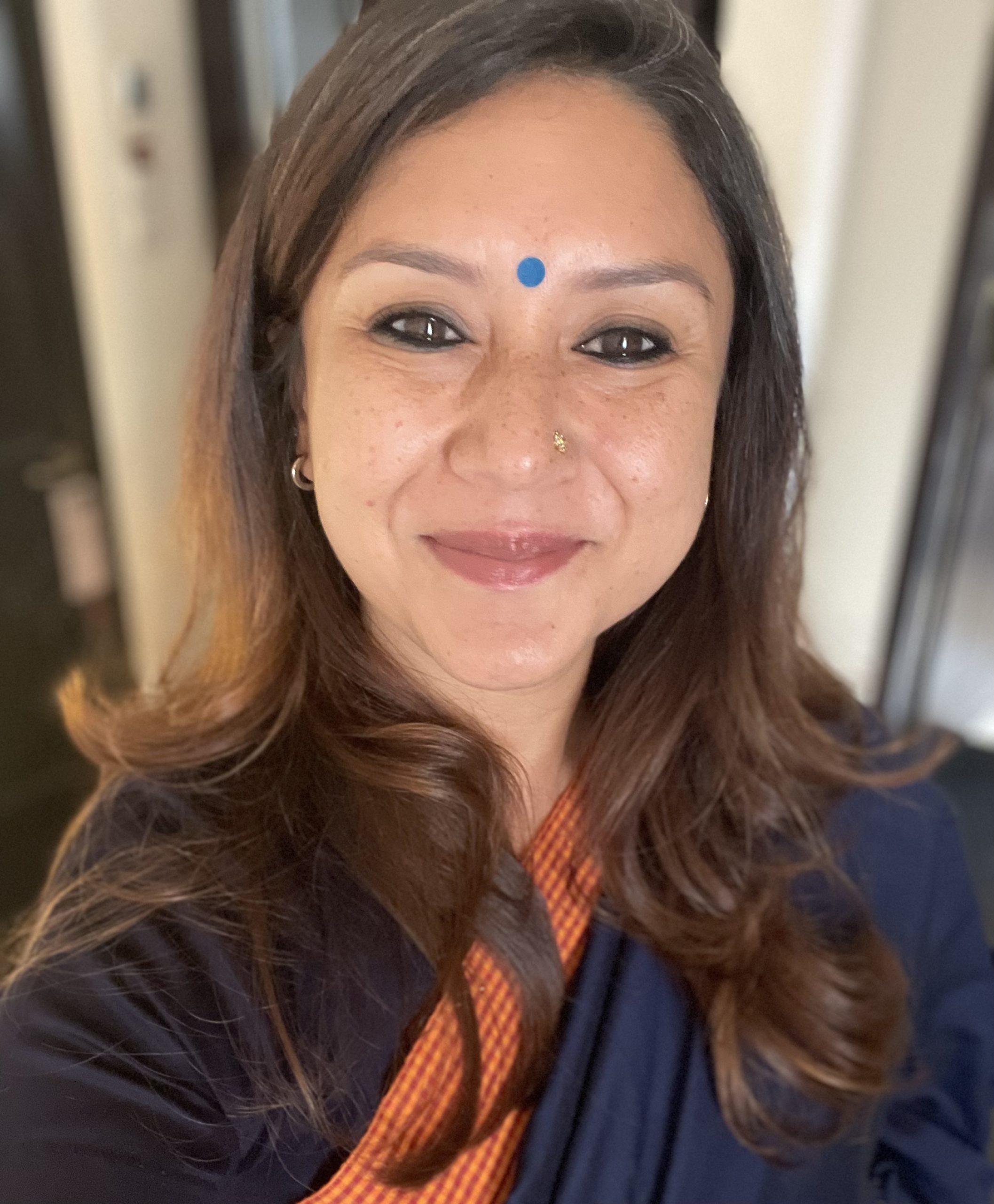Lecture by Smriti Rana, Head of the WHO Collaborating Centre for Training and Policy on Access to Pain Relief in Trivandrum.
The need for palliative care is greater in Low and Middle Income Countries (LMICs) because disease-specific treatment does not reach patients adequately or in time. Approximately 51 million people in LMICs experience Serious Health-related Suffering (SHS) at any point. Consequently, palliative care casts a wider net in these countries, and is required to go beyond symptom control, end of life care or specific disease groups. In these settings, mitigating SHS requires addressing the suffering of the whole family, in addition to the physical distress of the index patient. There must be consideration for the impact of illness on social, emotional, spiritual suffering, the assault on dignity and autonomy, and the recognition that the illness of one person has a multi-generational impact.
The 2017 Lancet Commission Report on Access to Palliative Care and Pain Relief highlighted the “access abyss” and the alarming disparity in access to opioid analgesics in different parts of the world. Examining this issue through a historical lens leads us to the obscured legacy of the pain crisis.
In this session, we will look at the role of stories that are invisible, and how making them visible can lead to tangibly easing suffering at both the global as well as the individual level.
Smriti Rana is the Head of the WHO Collaborating Centre for Training and Policy on Access to Pain Relief in Trivandrum. This is the flagship service delivery program of Pallium India. She has over 2 decades of experience in palliative care with deep personal ties to her work.
At Pallium India, Smriti heads the Strategic Programs and Partnerships Division. Her work entails integrating palliative care into the Indian health system, focusing on increasing safe access to adequate pain relief and patient support across the continuum of care. She advocates for policy reform, patient empowerment, death literacy and decolonization of healthcare.
She is the India Advocacy Focal Point for the International Association of Hospice and Palliative Care, Chair of the International Drug Policy Consortium and a member of the Advance Care Planning Taskforce in India.
